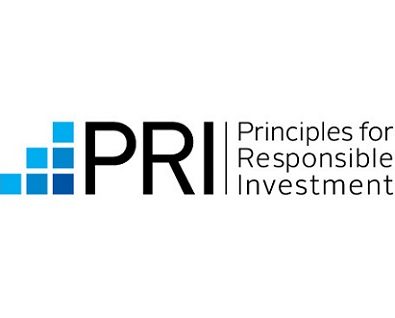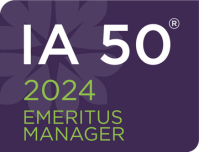There is no objective standard for the diagnosis of mild traumatic brain injury (concussion), which remains a diagnosis based largely on the patient’s subjective report of signs and symptoms. Accurate objective identification of the presence and severity of concussion and the assessment of the readiness to return to activity present significant clinical challenges to health care professionals. Children, adolescents, and young adults are particularly at risk because significant brain development continues throughout these years. The lack of, or delay in, concussion diagnosis has been shown to be associated with much slower recovery,1-3 may be associated with academic or cognitive and emotional functioning,4-6 and has been associated with impaired adult functioning in those sustaining concussive injury before the age of 25 years.7
To read the full article, visit JAMA Network™











